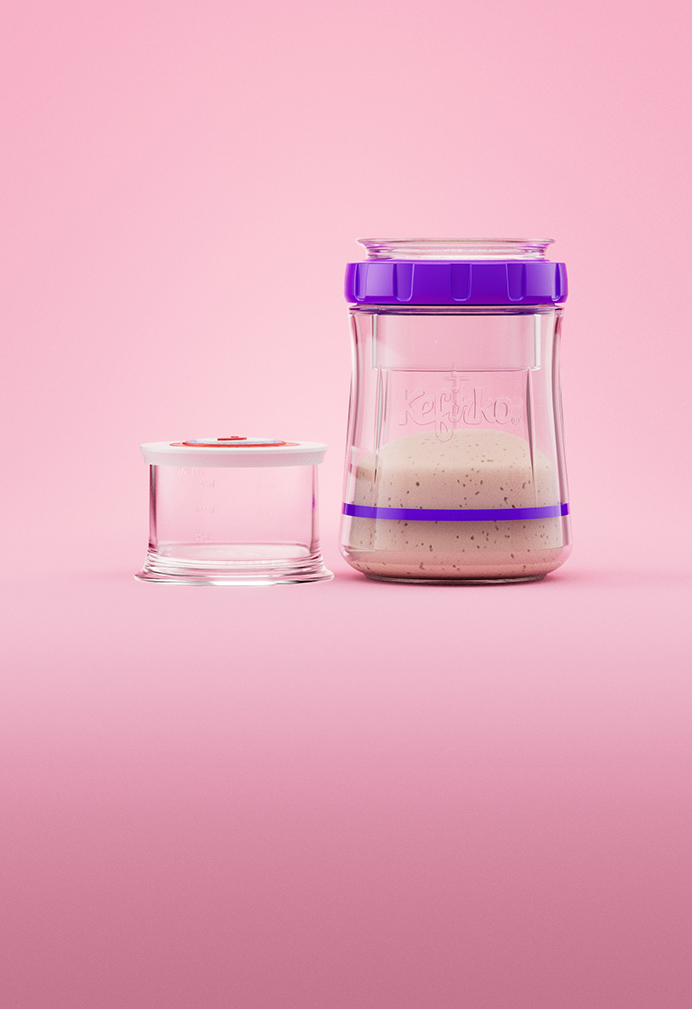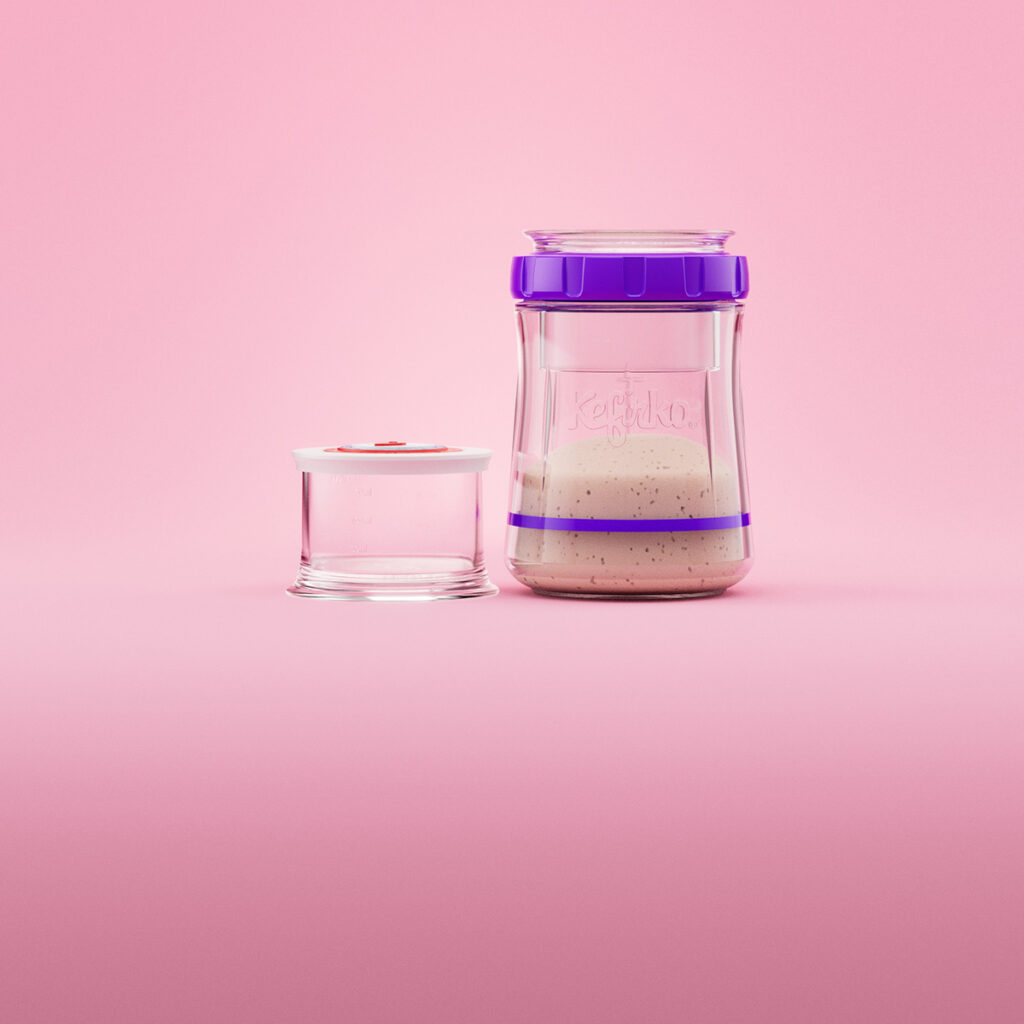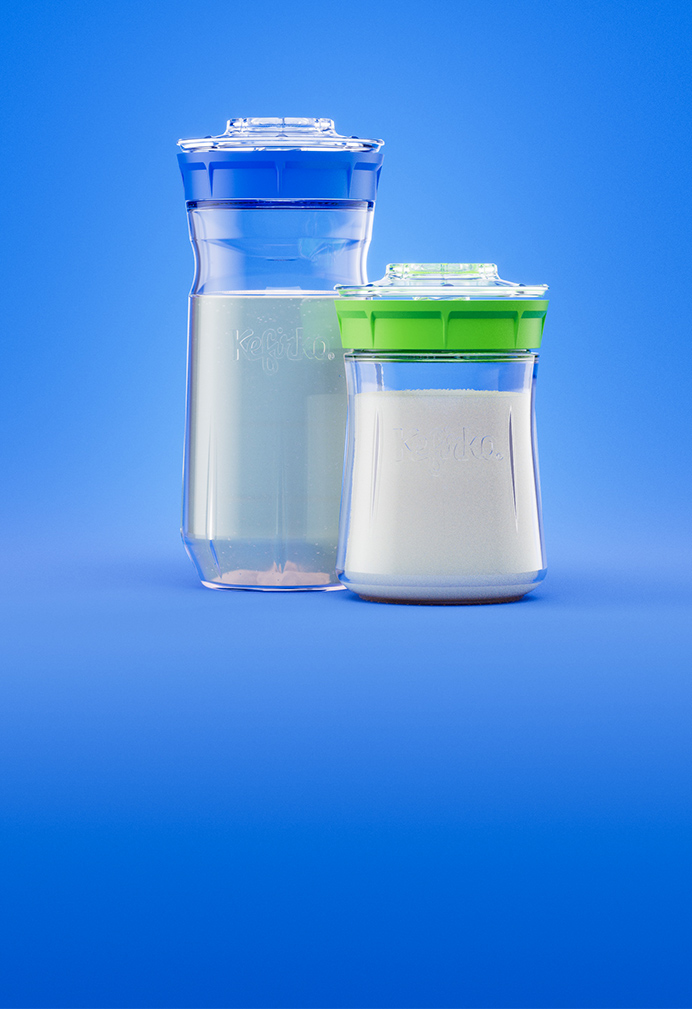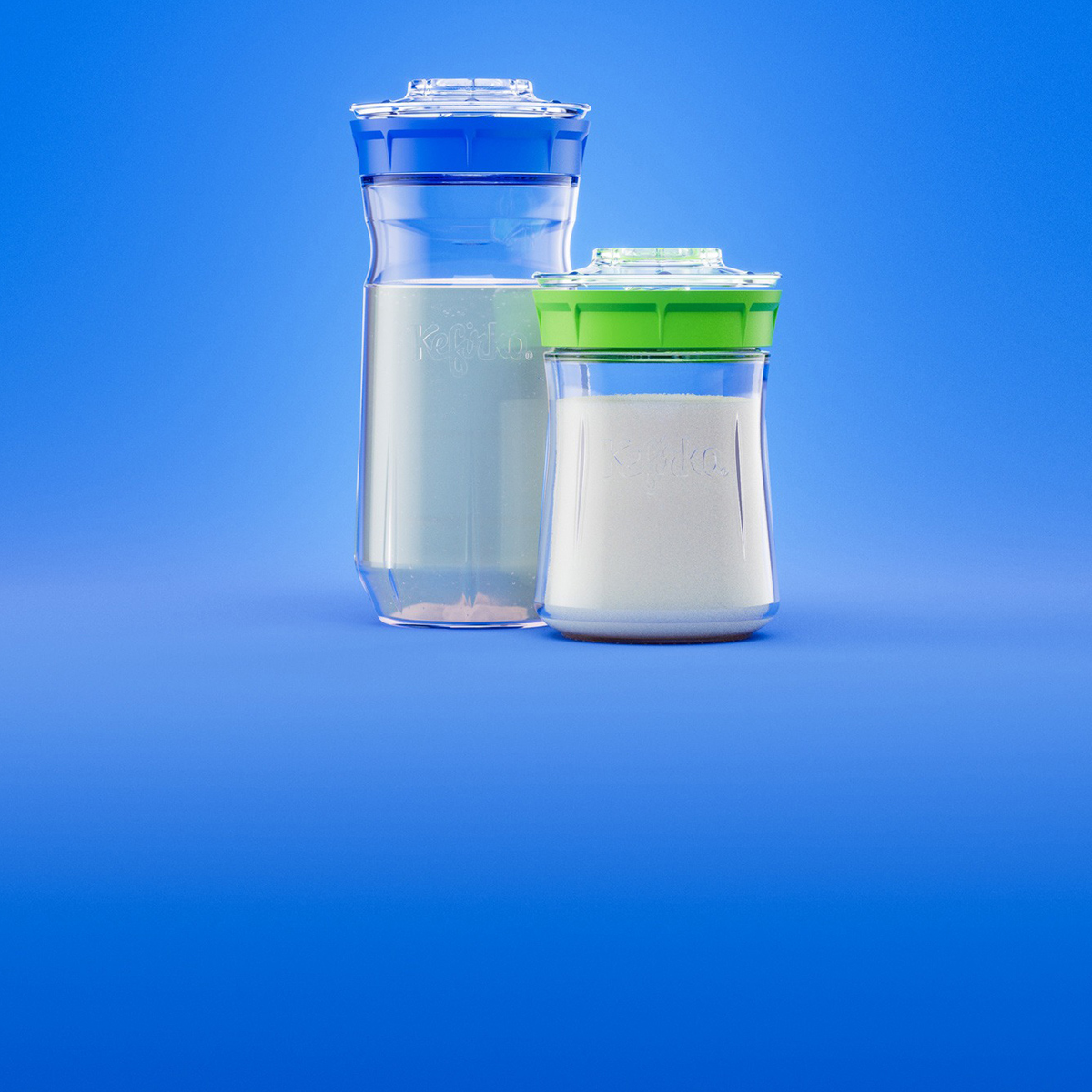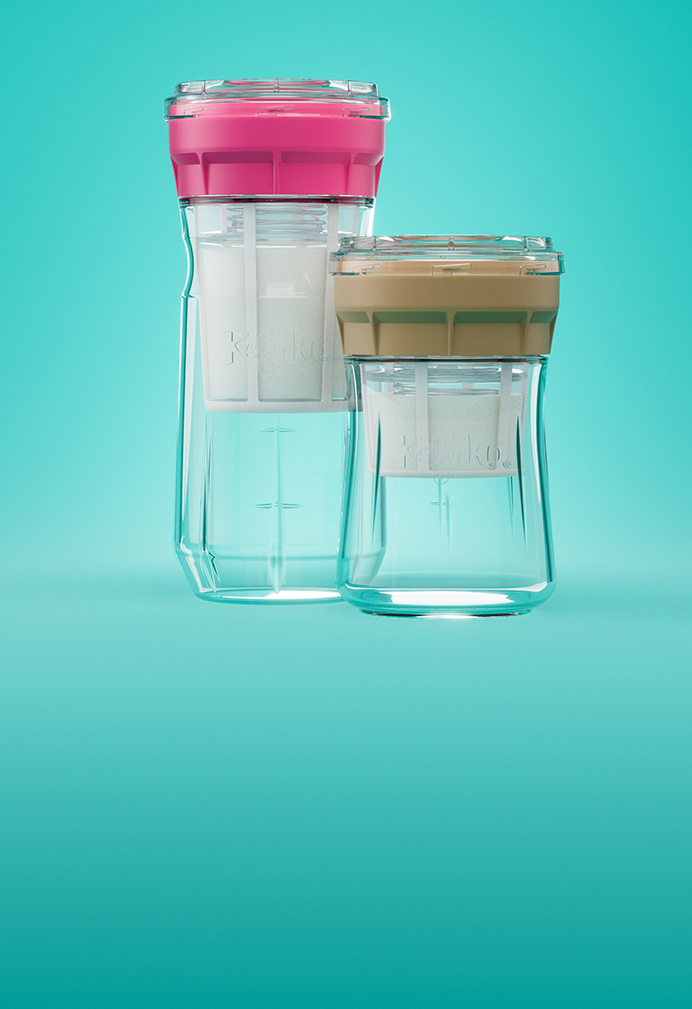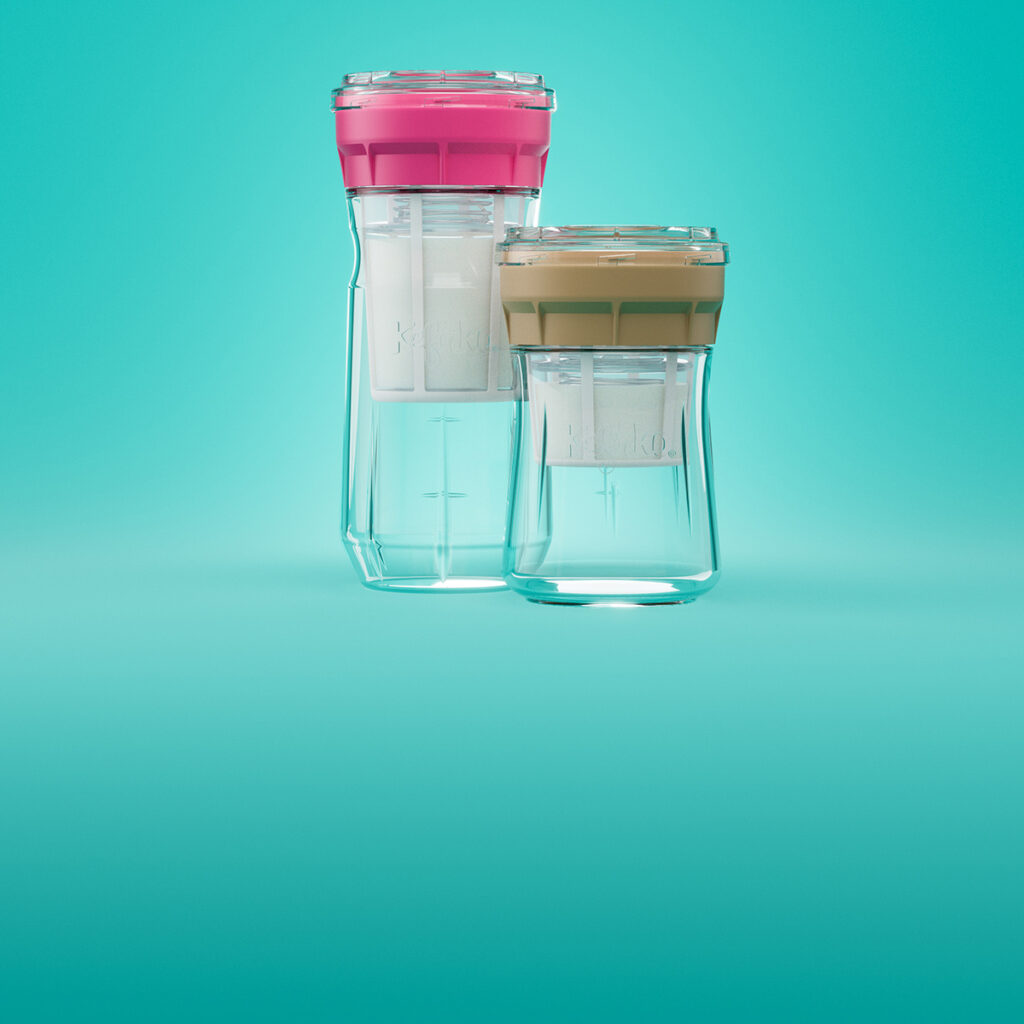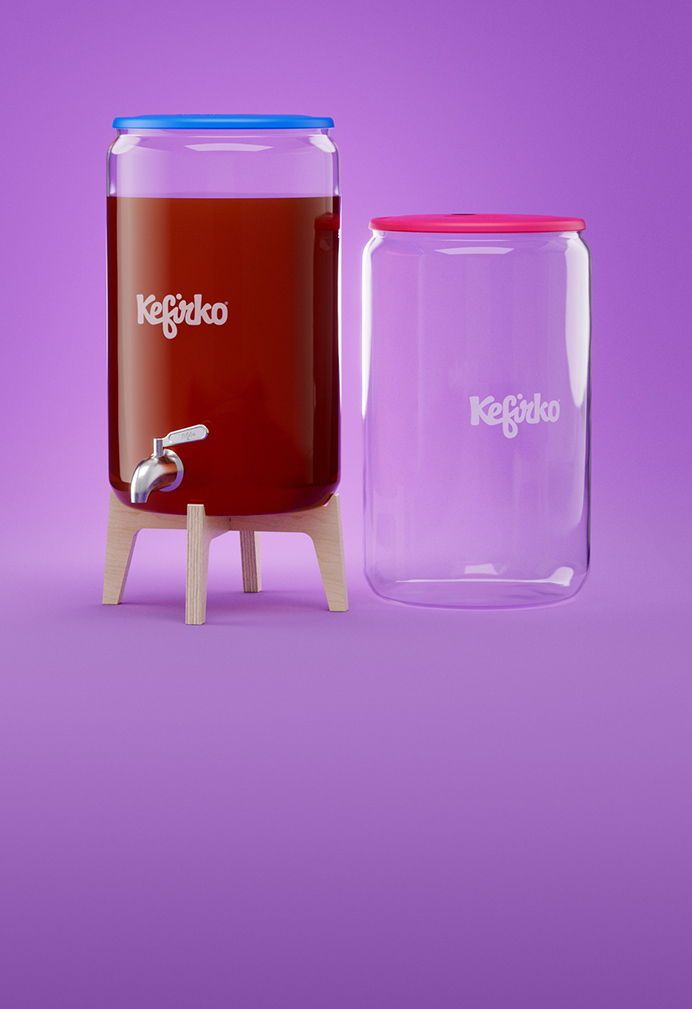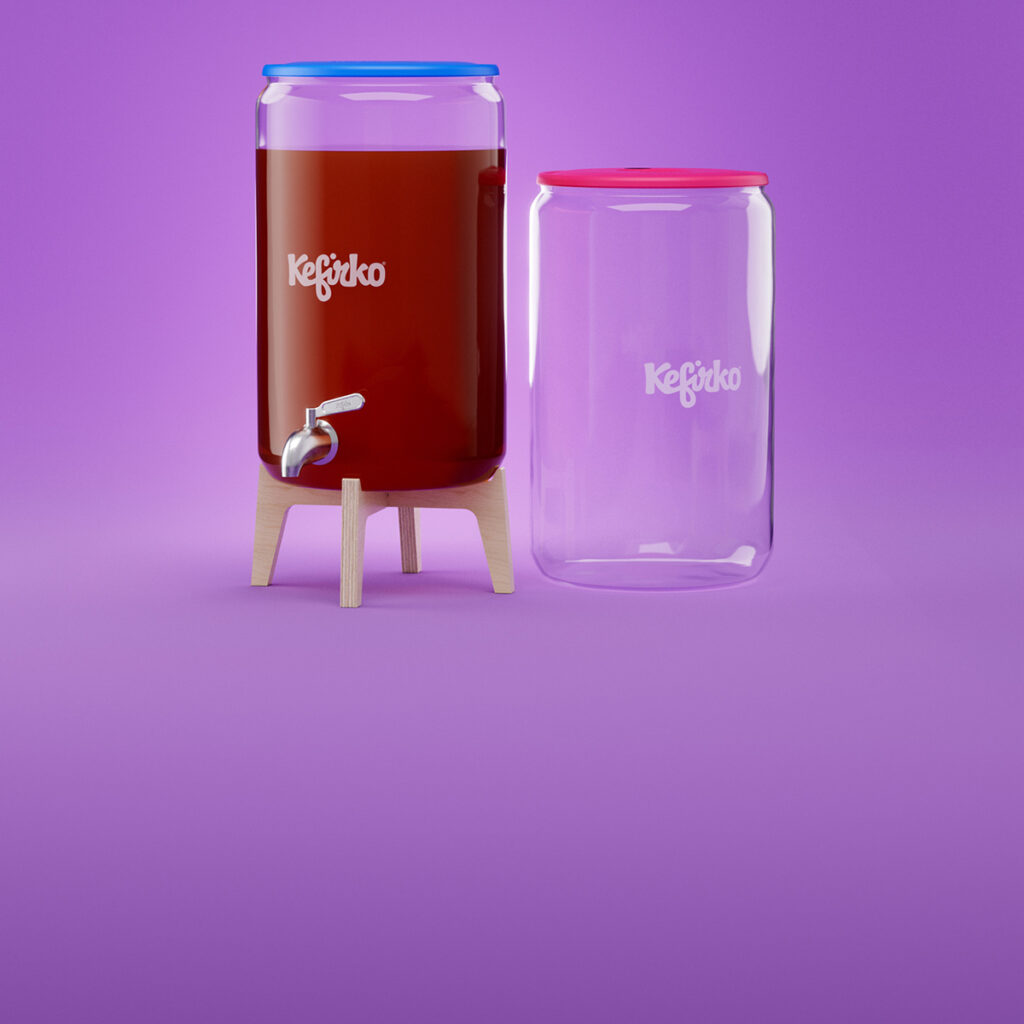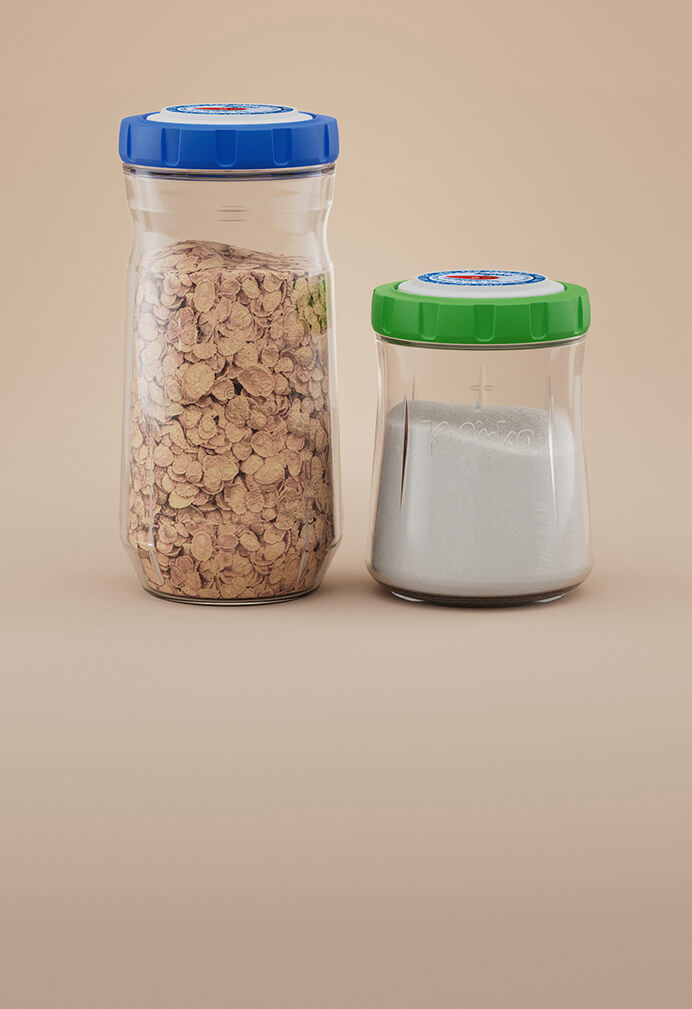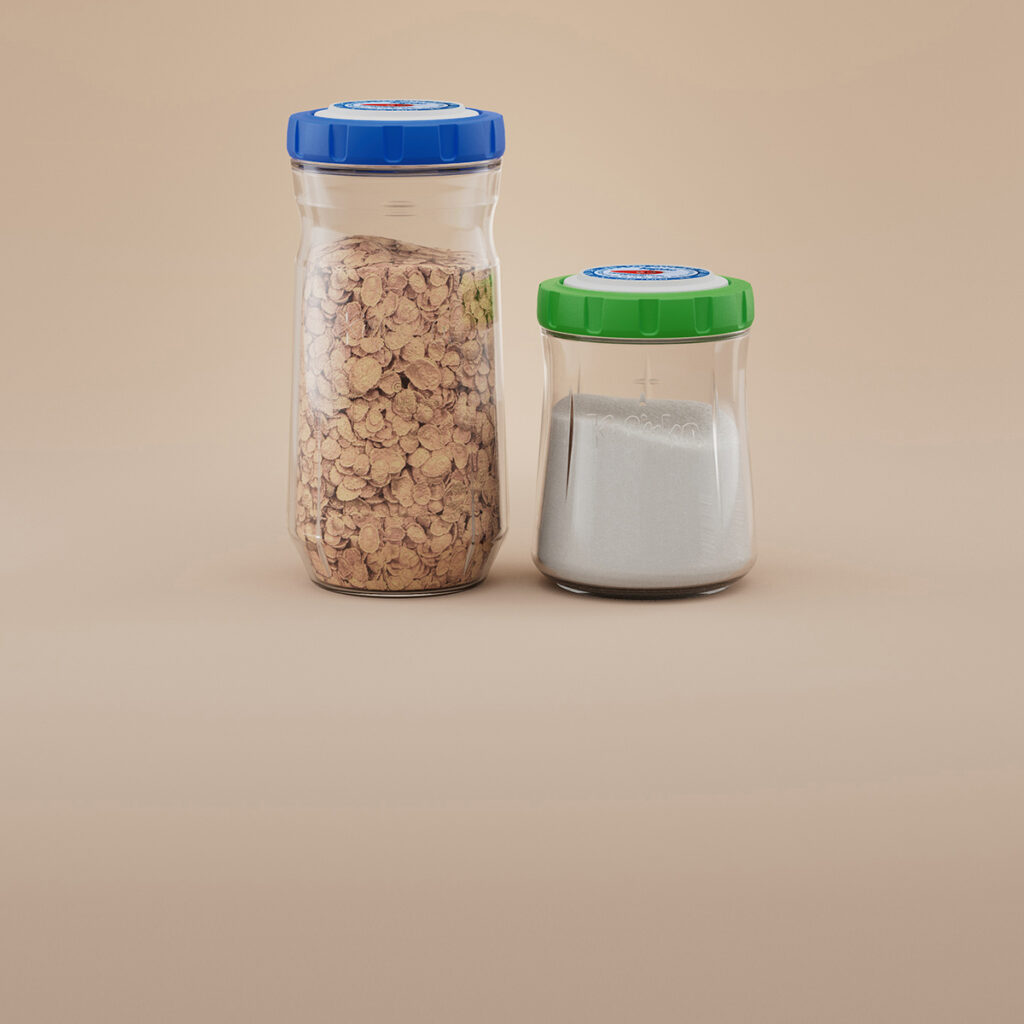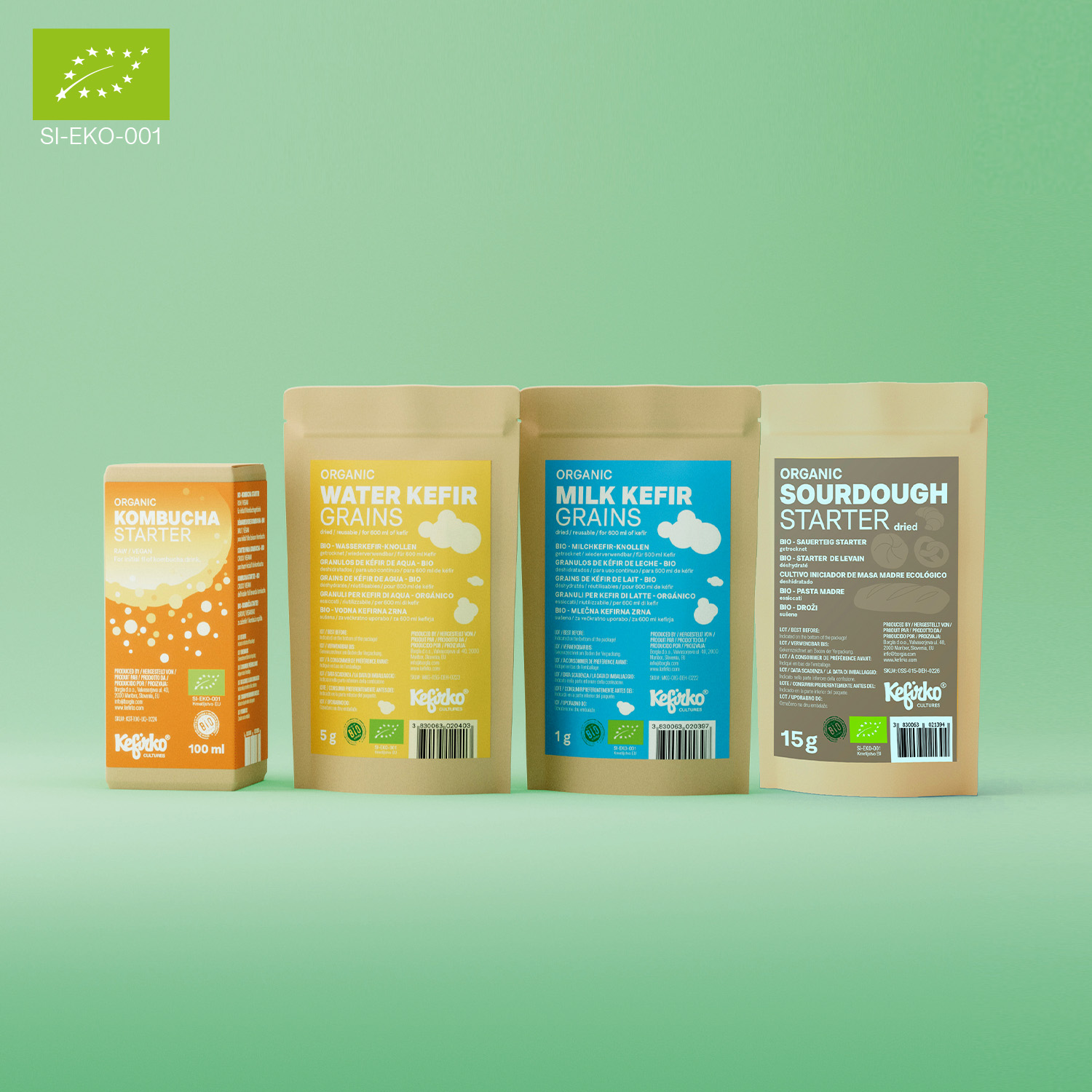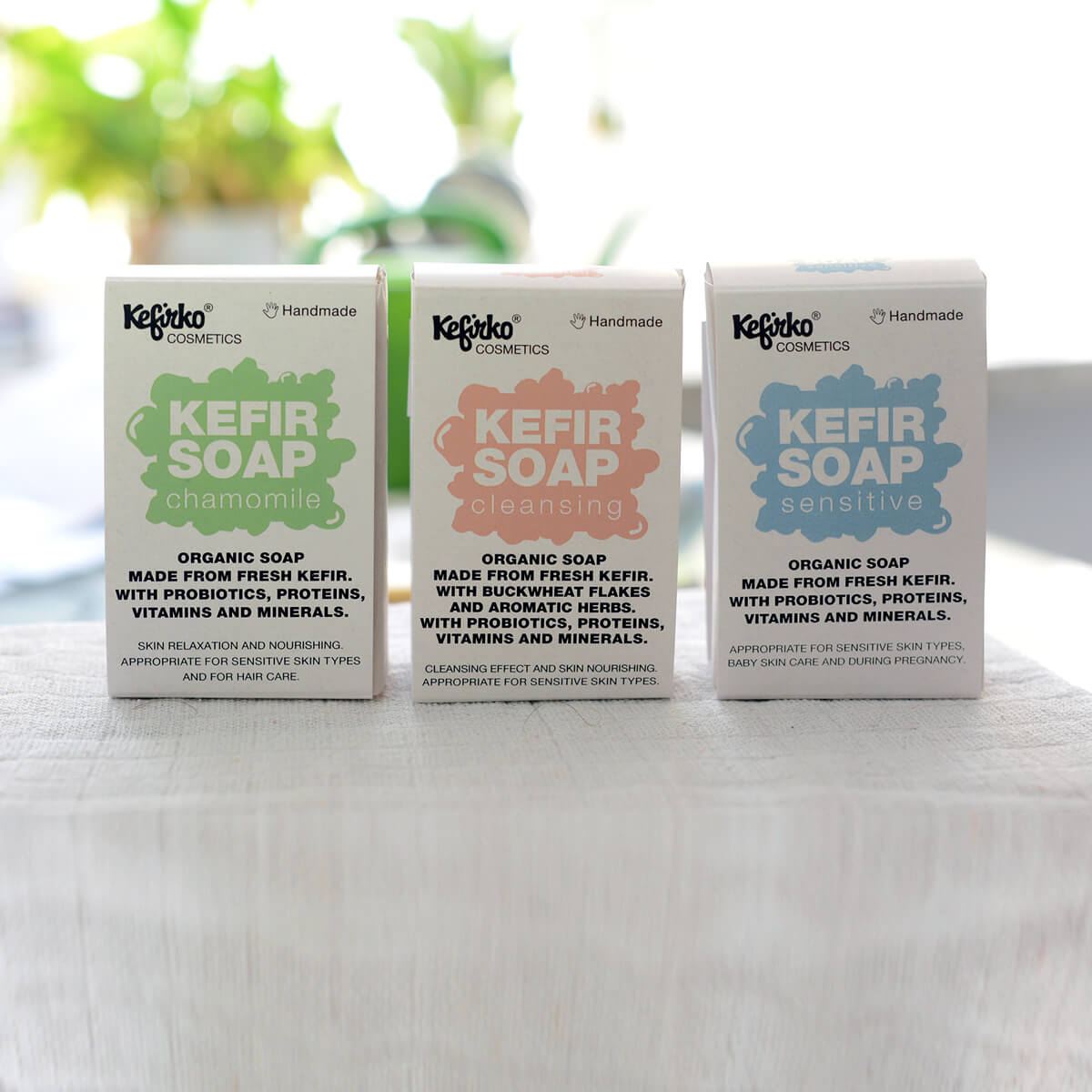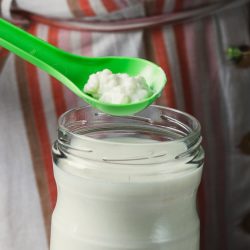Ferment
kefir, kombucha,
vegetables, fruits,
sourdough ...
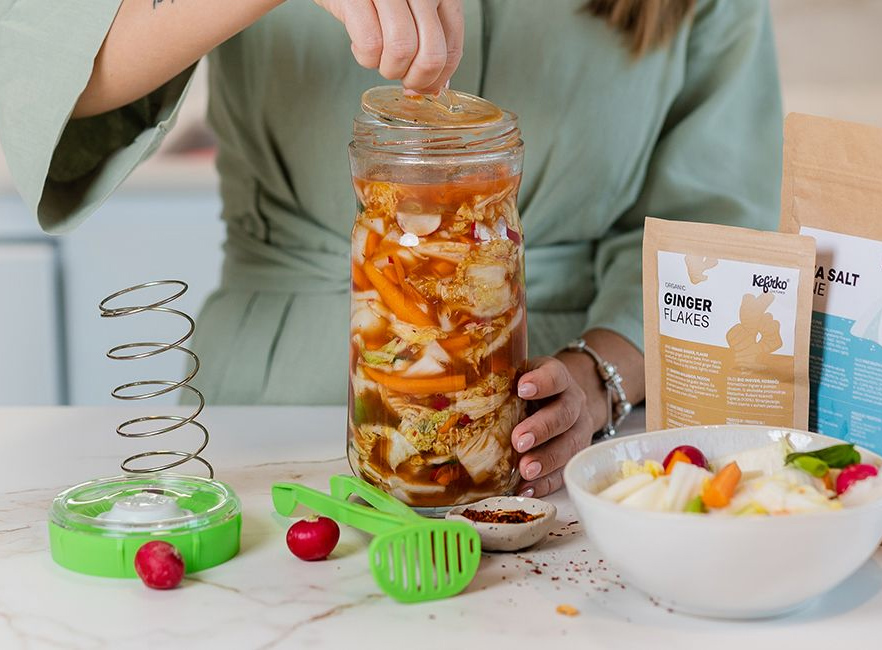
... with top-quality
fermenting jars
and organic
cultures!
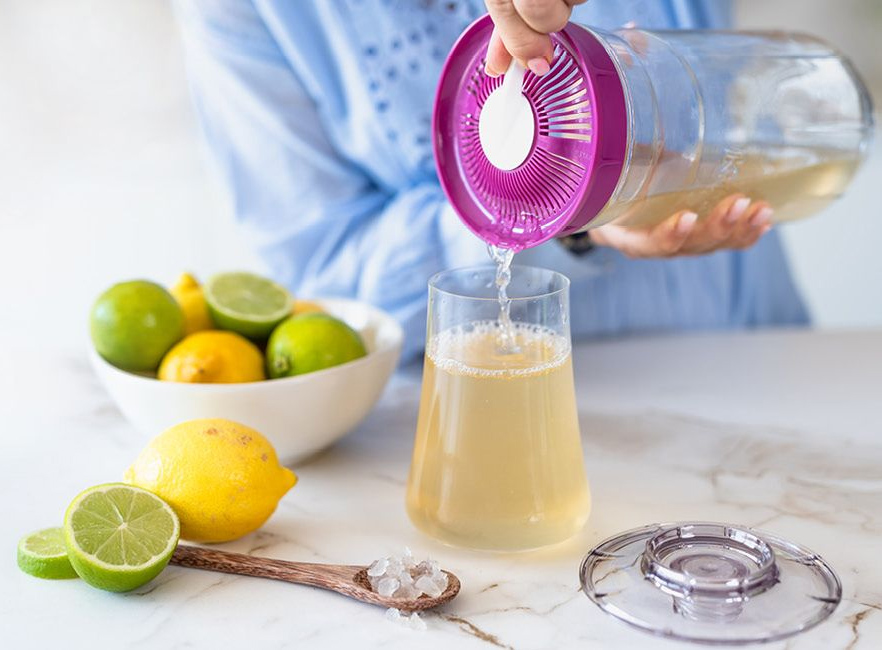
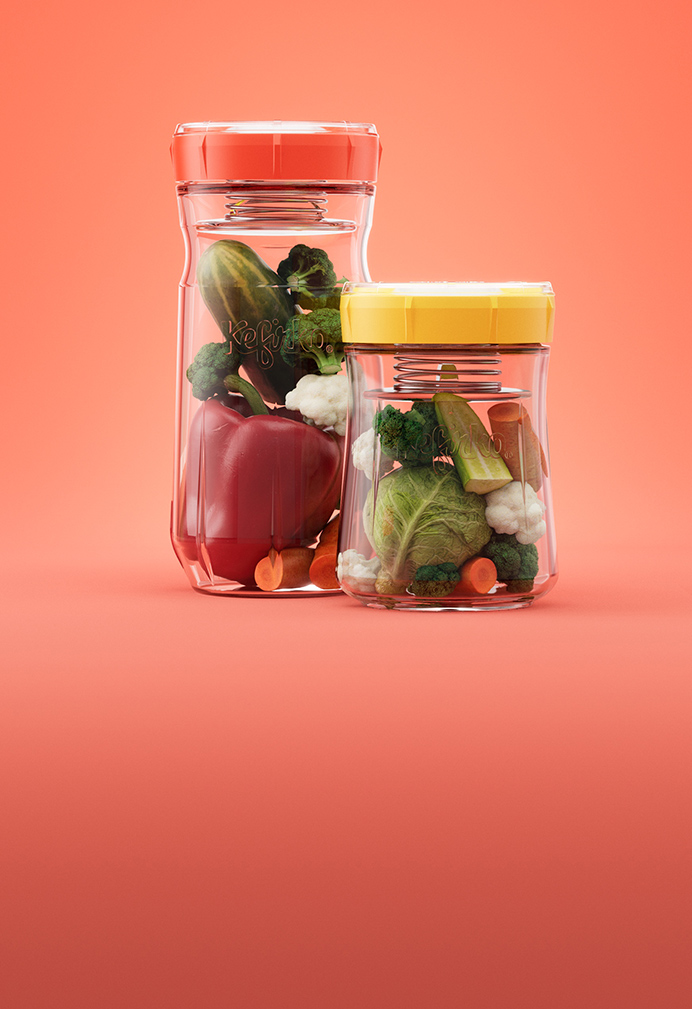
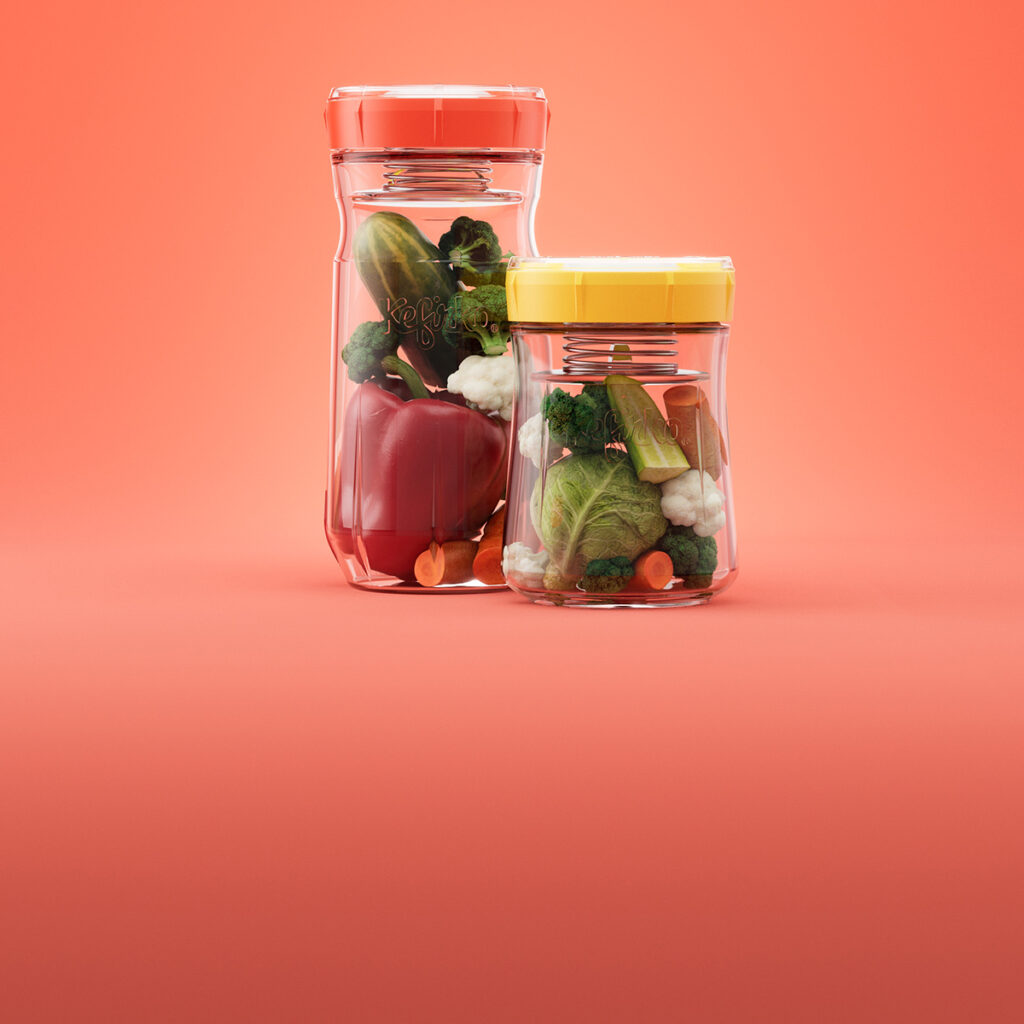
FERMENTING
VEGETABLES & FRUITS
Ferment
mixed veggies, kimchi,
sauerkraut,
fruits
or any other vegetable
in your kitchen!
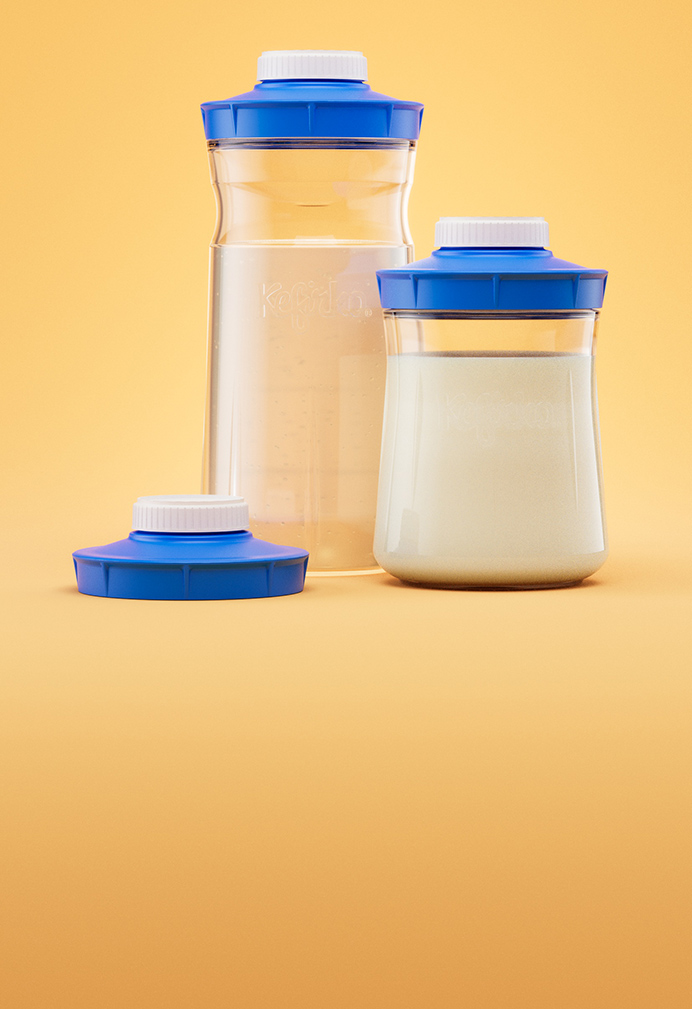
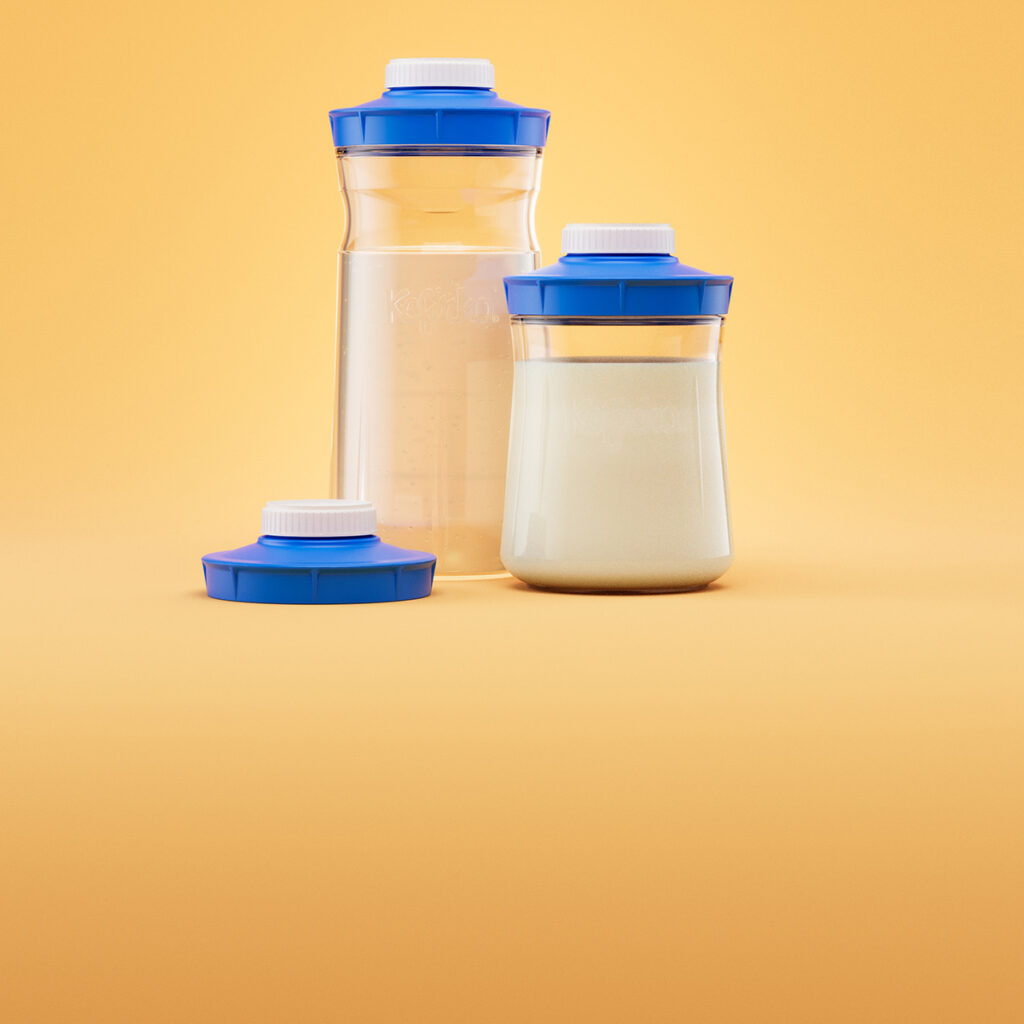
SECOND
FERMENTATION
A perfect way to boost
your homemade kefir
with nutrients and
flavours!
People just love it.

Urška Fartelj
220stopinjposevno.com
5/5
“I am very happy that more and more people are enthusiastic about fermented food, which is so good
for our health! With the Kefir fermenter, preparing superfood at home is even easier.
I am very proud to be a part of this story.”

Suzana Kranjec
fermentiraj.si
5/5
“This is the best thing we can wish for in fermenting. Kefirko is a Slovenian
brand and their accessories are really useful for all fans of fermented beverages.”

Vedrana Orlović
kefirolicious.com
5/5
“I love homemade kefir because of the good bacteria that benefit my health and above all
my digestive health. Kefir fermenter is easy to use for milk or of water kefir, as it replaces several containers and a strainer.”

Donna Schwenk
Culturedfoodlife.com
5/5
“This is a wonderful product. Something I was searching for. Good work!”

Jenny McGruther
nourishedkitchen.com
5/5
“This delightful little tool Kefirko is the best for simple preparation of kefir or yogurt.”
